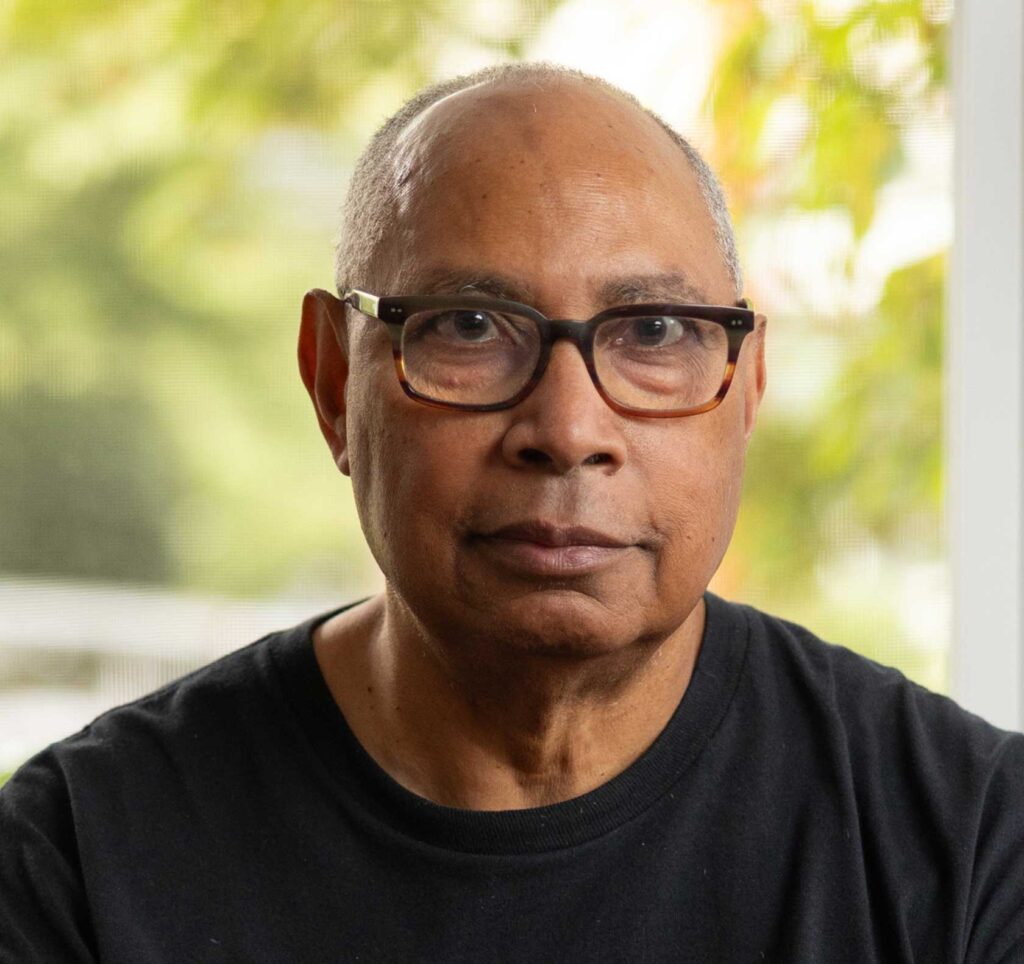
Visual media artist and Brown University professor Anthony Cokes was recently named as a recipient of the 2024 Genius Grant Fellowship, given by the MacArthur Foundation. Cokes is one of 22 individuals to receive the $800,000 grant from the foundation, money the recipient intends to use in pursuit of furthering his vision and career. Among the 2024 MacArthur Fellows are two former poet laureates, an astronomer, filmmakers and more.
In an interview for the New York Times, the fellowship program’s director, Marlies Carruth, discussed the purpose of the grant and how it affects its fellows. “The 2024 MacArthur Fellows pursue rigorous inquiry with aspiration and purpose,” said Carruth. “Their work highlights our shared humanity, centering the agency of disabled people, the humor and histories of Indigenous communities, the emotional lives of adolescents, and perspectives of rural Americans.”
In a video posted by the MacArthur Foundation, Cokes describes himself as a media artist whose work is more of a visual essay that examines art and media in its various iterations.
“My work tends to not be documentary nor narrative,” he said. “It’s like an essay film taking a kind of short maybe analytic approach to commonly seen and heard other media, so in some ways, it’s either about art or about other media and its forms.”
Since his career began in the 1980s, Cokes’ work has repeatedly aimed to represent the times by amplifying popular culture through a political or analytical lens, taking what the masses are saying or feeling and lifting that up to the collective consciousness.
The Greene Naftali Gallery, a contemporary art gallery in New York, describes his work as “politically resonant work in a visual language all his own.”
“I began to see the differences between the world as represented, say, in television or in media in general and the world that I lived in,” said Cokes. “I think it’s a useful and healthy thing to be aware of the contradictions under which we live.”
Cokes’ work attempts to provoke thought. It’s not just something to look at but something to encourage criticism and new ideas about the world.
The Rhode Island native and professor of modern culture and media at Brown has had work and collections showcased across the country. His work has been shown at the MACRO Contemporary Art Museum in Rome, the Cultural Institute of Radical Contemporary Arts in London and Harvard University’s Carpenter Center for the Visual Arts, to name a few.






